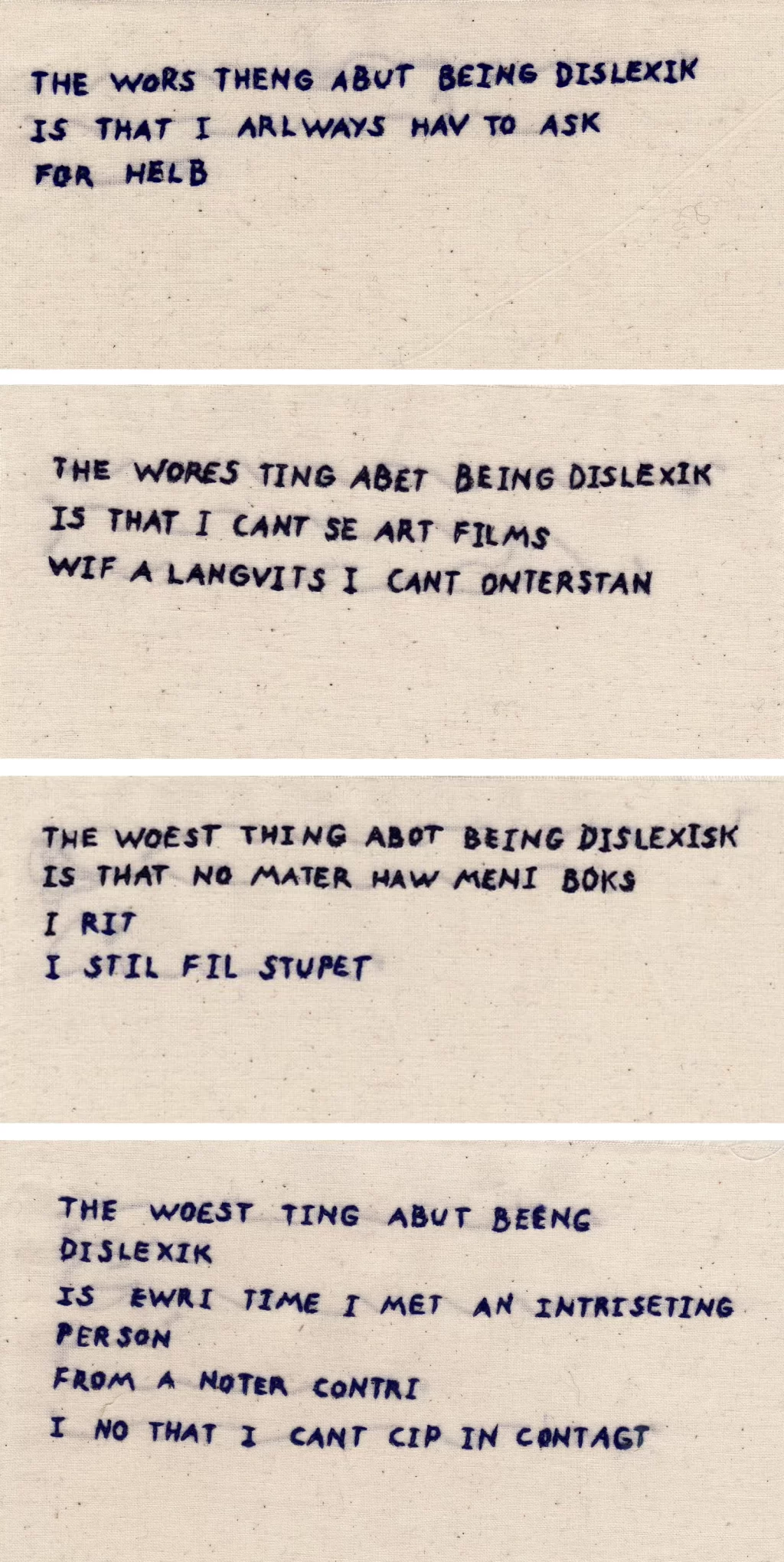Dyslexia, a neurological disease that affects language processing, plays a significant role in the educational landscape of the United States. Given that dyslexia is a widespread learning disability that can affect a person’s ability to read, write, and spell, we must understand it. Contrary to popular belief, dyslexia is a multifaceted disorder with multiple forms with different difficulties. Genetic and neurological factors are thought to have a significant impact on the development of dyslexia. Additionally, dyslexia has effects that go beyond the classroom, including social connections, self-worth, and general well-being. This article will highlight the types of dyslexia, their causes, and their impacts on one’s life.
There are four overarching forms of dyslexia: phonological dyslexia, surface dyslexia, rapid naming deficit, and double deficit dyslexia. Phonological dyslexia is when someone has difficulty breaking words into separate sounds and syllables. Surface dyslexia, on the other hand, is when someone has difficulty reading words pronounced differently than how they are spelled. Those with rapid naming deficits (also known as rapid automatic naming) have a hard time quickly naming letters, numbers, and colors immediately after seeing them. And finally, double deficit dyslexia is a combination of phonological dyslexia and rapid naming deficit. This type makes it harder to identify sounds and names quickly and is often regarded as the most severe form of dyslexia.
While most people are aware of what dyslexia is, not many people are aware of what causes it. Dyslexia is a condition that results from neurological differences in the part of the brain that enables reading. And it does have a genetic component. Children with parents or other family members who have dyslexia or other learning disabilities are more likely to have dyslexia themselves. Poor concentration, difficulty following instructions, and forgetting words indicate a child may have dyslexia.
Moving to the impacts of dyslexia, studies have shown that those with dyslexia are more likely to have trouble learning as they are generally more likely to have poor spelling, less legible handwriting, and smaller vocabulary. Additionally, in most traditional school settings, reading is an essential skill in all subjects. Another issue that may stem from having dyslexia is social issues. If their condition was left unaddressed, children with dyslexia have been proven to have lower self-esteem, anxiety, and withdrawal from their close ones. Additionally, because dyslexia does not have a known cure at this point, those with dyslexia need to have a strong support system. Through the help and guidance of a support system, those with dyslexia can improve their reading and writing skills and fall back on track.
Overall, dyslexia is a complicated condition. There are severe forms of dyslexia that all have the potential to negatively affect someone’s life. However, through a support system, those with dyslexia can overcome this mental obstacle and reach their full potential.
Works Cited
British Dyslexia Association. “Signs of Dyslexia (Primary School Age) – British Dyslexia Association.” British Dyslexia Association, 2018, www.bdadyslexia.org.uk/advice/children/is-my-child-dyslexic/signs-of-dyslexia-primary-age.
“Different Types of Dyslexia & How to Identify Them | NeuroHealth.” Neurohealthah.com, 16 May 2021, neurohealthah.com/blog/types-of-dyslexia/#:~:text=A%20person%20with%20double%20deficit.
“Dyslexia at a Glance – International Dyslexia Association.” Dyslexiaida.org, 6 Oct. 2014, dyslexiaida.org/dyslexia-at-a-glance/#:~:text=Dyslexia%20is%20a%20neurological%20condition.
M, Dr. Sruthi. “What Are the 4 Main Types of Dyslexia? Causes, Symptoms.” MedicineNet, 28 Dec. 2022, www.medicinenet.com/what_are_the_4_types_of_dyslexia/article.htm#:~:text=The%204%20types%20of%20dyslexia.
Mayo Clinic Staff. “Dyslexia – Symptoms and Causes.” Mayo Clinic, 6 Aug. 2022, www.mayoclinic.org/diseases-conditions/dyslexia/symptoms-causes/syc-20353552#:~:text=Dyslexia%20results%20from%20individual%20differences.
